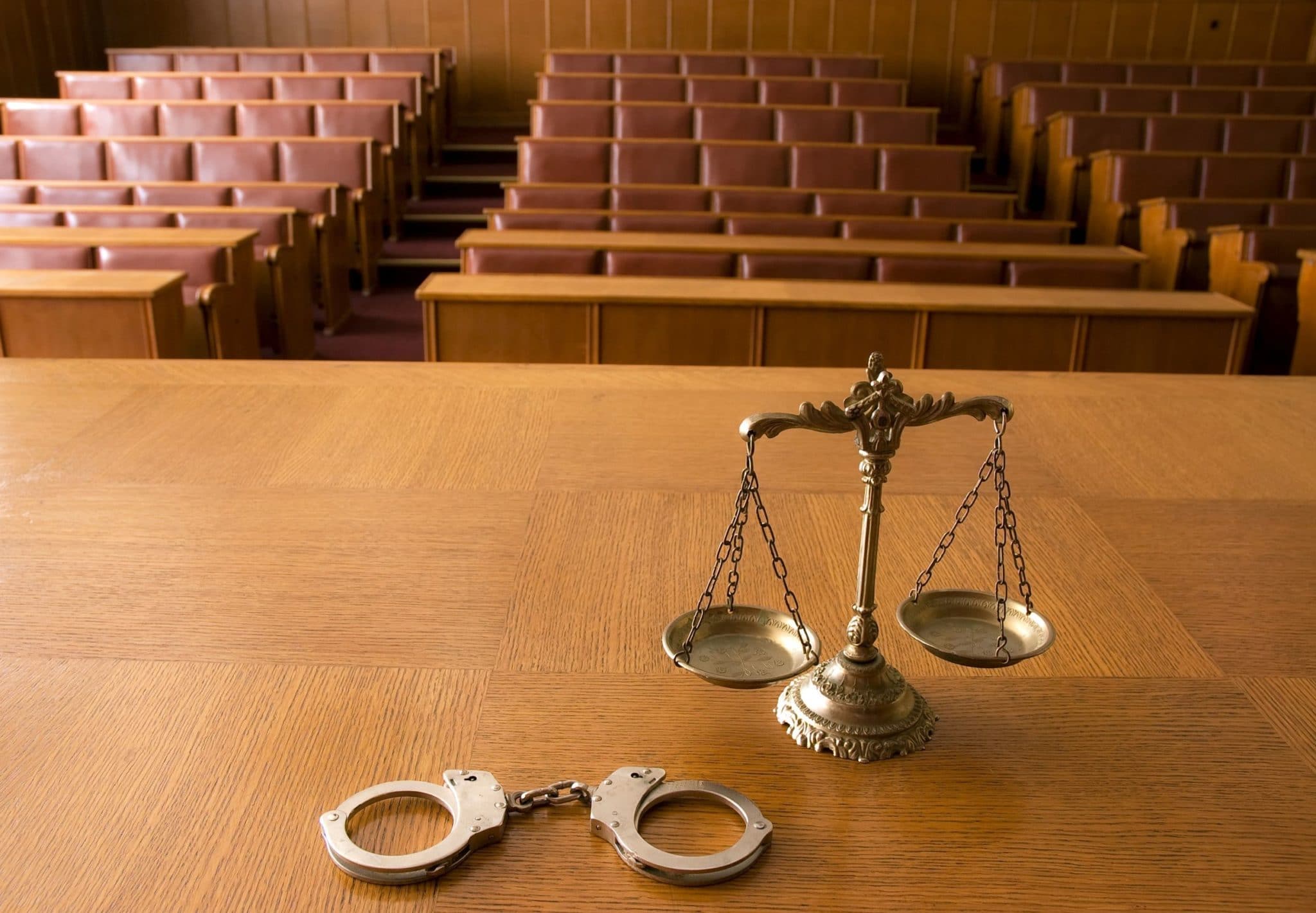These Three Traffic Violations Land You Mandatory Court Dates in IL
While there are situations where you can pay a fine online, or enter a plea without going into a courthouse, in Illinois, there are three traffic offenses that will land a person in front of a judge no matter what. These offenses are taken very seriously and have serious penalties associated with them.
It’s important for anyone operating a vehicle in Illinois to understand the laws surrounding driving in the state and what can be faced if those laws are broken. Here’s what you need to know about three traffic violations that will force you to appear in court in Illinois.
Driving Under the Influence (DUI)
It is unlawful in the state of Illinois to be in physical control or drive a car if:
- You have a blood-alcohol level of .08 percent or above
- You are under the influence of alcohol
- You are under the influence of drugs, intoxicating compounds, alcohol, or a mix of any of them that renders you unable of safely driving
- You have five nanograms of THC or more in your blood or ten or more nanograms in another bodily fluid within two hours of operating a vehicle
- You have any amount of a controlled substance in your urine, blood, or other bodily substance
Penalties for DUI Convictions
The penalties for a DUI conviction can be harsh, especially if you have more than one DUI on your record. The penalties can also be more severe if your blood alcohol level was above .16 percent or you had a passenger in the car under the age of 16.
For a first DUI offense, you can face:
- Up to 364 days in jail
- 100 hours of community service
- Fines up to $2,500
- Revocation of your driver’s license for up to one year
For a second DUI offense, you can face:
- Up to 364 days in jail
- 480 hours of community service
- Fines up to $2,500
- Revocation of your driver’s license for up to five years
For a third DUI offense or beyond, you can face:
- Up to seven years in jail
- Fines up to $25,000
- Revocation of your driver’s license for a minimum of 10 years
A third offense is considered a Class II felony in Illinois, which means that a jail sentence is mandatory. For any DUI conviction, you may also need to complete a drug and alcohol assessment and counseling sessions.
Reckless Driving
Reckless driving in Illinois is defined as:
- When someone wantonly or willfully disregards the safety of other people or property while operating a vehicle
- When someone knowingly uses an incline to launch their vehicle and become airborne
A few examples of reckless driving include:
- Driving the car at a high rate of speed above the posted speed limit
- Driving a car negligently
- Changing lanes erratically without signaling
- Using an incline such as a railroad track to cause your vehicle to become airborne
Penalties for Reckless Driving
Reckless driving is charged as a Class A misdemeanor in Illinois. The penalties for a conviction of a Class A misdemeanor include:
- Up to one year in jail
- Fines up to $2,500
If convicted of reckless driving you can also have one point added to your license, which puts your license at risk for suspension.
Operating a Vehicle Without a Valid License
If you get caught operating a vehicle without a valid license, then you may simply get a ticket or you can face arrest. However, a ticket still comes with a court date and possible fines. This offense is charged as a Class B misdemeanor.
Penalties for Operating a Vehicle Without a License

The penalties you could face for this crime include:
- Up to six months in jail
- Fines up to $1,500
- Probation for a period of up to two years
Ultimately, it’s easy to forget that driving is a privilege, not a right. Don’t take it for granted, make sure to operate vehicles you drive responsibly, or your privilege may be taken away.
About the Author:
Andrew M. Weisberg is a former felony prosecutor who now serves as a defense attorney in the greater Chicago area. He has extensive experience in handling all types of criminal cases, from sex offenses and domestic violence to retail theft-related crimes, murder, and drug crimes. His work has been recognized by Avvo, Expertise, National Trial Lawyers, and others, and he has been featured on countless news outlets for his experience and knowledge in criminal law.







 Blog Home
Blog Home 










